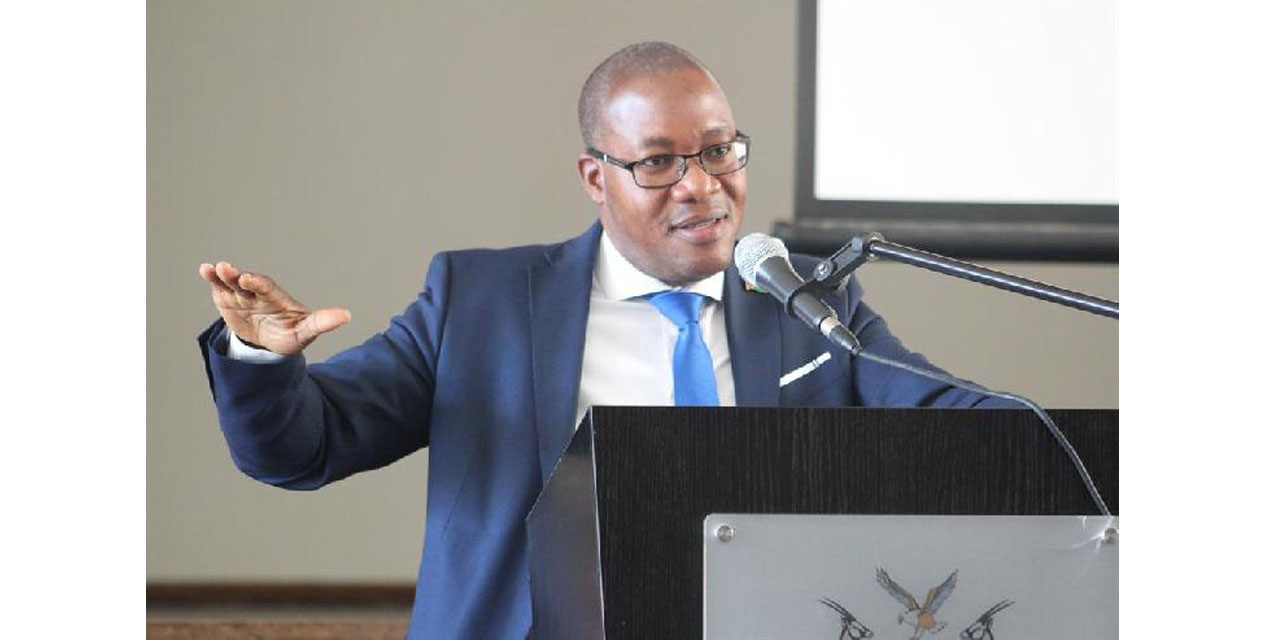Hertta-Maria Amutenja
The Ministry of Health and Social Services spends more than N$50 million annually on dialysis services that are provided by private health facilities.
Ben Nangombe, the Executive Director of the health ministry, has placed his hope in state-of-the-art machinery set to cost N$6 million to provide dialysis facilities for Namibians.
The ministry currently only offers dialysis services at three public hospitals. The funding will increase the renal dialysis treatment capacity at the Oshakati, Katutura, Rundu, Keetmanshoop, Katima Mulilo, Walvis Bay and Otjiwarongo state hospitals.
Nangombe said the representatives of the health ministry appeared before the Parliamentary Standing Committee on Gender Equality, Social Development and Family Affairs to brief the committee on the state of dialysis facilities in the country.
“The ministry was invited by one of the standing committees of parliament to make a presentation and also consult relevant stakeholders on this matter and that is what we have come up with,” he said.
The state will acquire the units for the next two years with 32 units that have so far been ordered for the Oshakati and Katutura State hospitals.
He said the ministry is already busy with construction and renovations at the hospitals to accommodate the new dialysis units.
According to statistics provided by Theo Ben Kandetu, the ministry’s Deputy Executive Director, the total number of patients on dialysis country-wide currently stands at 5 467.
In February Minister, Dr Kalumbi Shangula said the health ministry depends on the private sector to provide dialysis services to state patients due to a lack of capacity in public health facilities.
Shangula added, that the health ministry will have to recruit staff from outside Namibia’s borders because the country only has a handful of qualified staff, which includes a dedicated physician, a nephrologist, dialysis nurses and nutritionists.
At present there are only two nephrologists in the public sector who were funded by the government to undergo training, he said at the time.
Dr Shangula added that the steady increase in the population has increased the demand for dialysis services.




